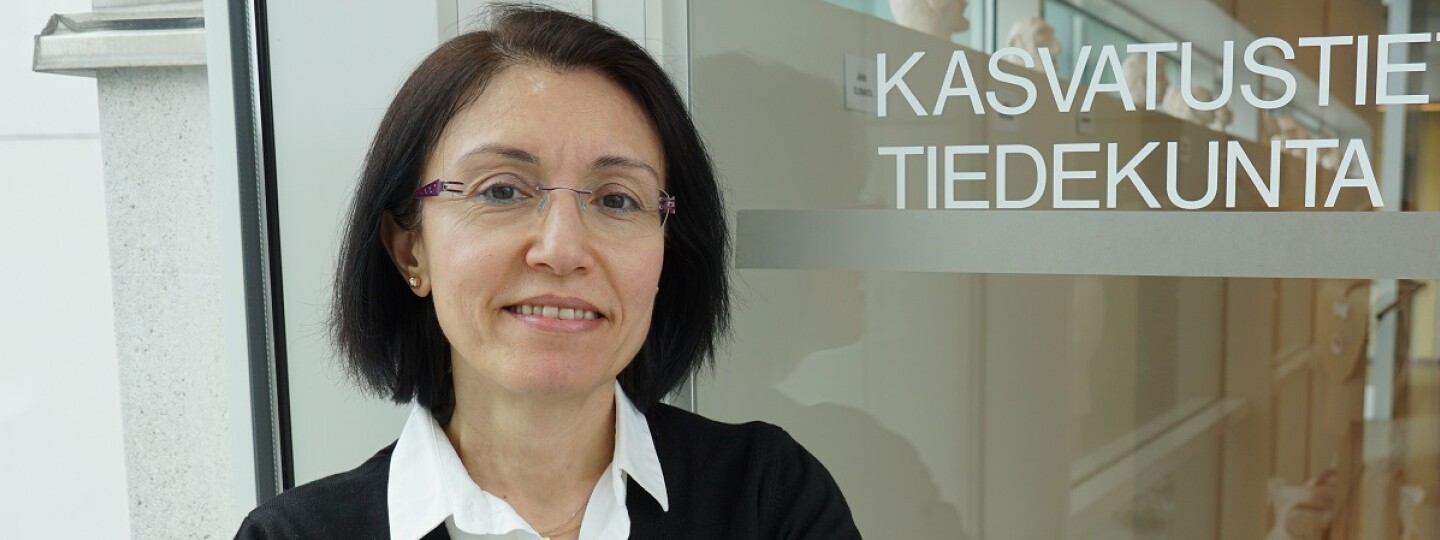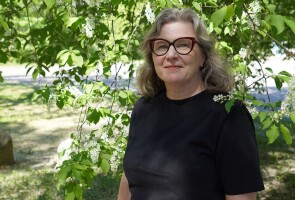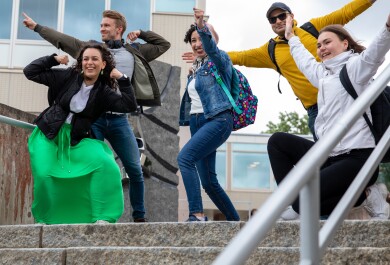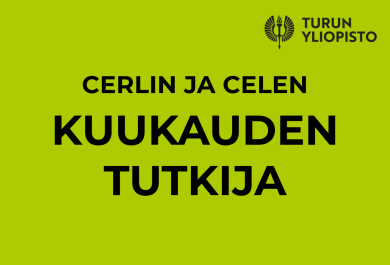In the researcher of the month series by the Center for Research on Learning and Instruction (CERLI), Professor Çiğdem Haser takes the spotlight for April. Her recent article, published in Research in Mathematics Education, investigates metaphors used by pre-service mathematics teachers to describe their current and future roles as educators.
Currently, I am working on the development of teachers’ researcher competencies with the researchers of a private school network in Türkiye. We have developed a project including an investigation of the research orientations of the teachers in this network, organizing a training on research methods for motivated voluntary teachers, and supporting planning and executing of their own research. Meanwhile, we investigate how the research training and research experience support teachers’ professional development. Research is an important tool for teacher and school development, and we work with teachers who are motivated to improve their practices, students’ learning and well-being, and schools through research, which is quite exciting.
A recent study by the CERLI researchers indicated that Finnish primary teacher education programs are not preferred by the high-achieving students as they used to be (Vilppu et al., 2022). Now that we have a student group with different characteristics, me and Teija Koskela of CERLI have been curious about their motivation and worries in relation to being a teacher in the Finnish education system so that we can develop suggestions to address these effectively in the teacher education programs.
I actively search for collaborators at the University from other fields who may be interested in investigating the effectiveness of the courses they offer. When I meet them, we first discuss about what they would like to investigate in their courses and practices, and how this could be investigated with the educational research perspective. I have learned a lot about the structure (not the content) of courses in different fields as well as about working with researchers in other fields and their perspectives. I believe this kind of collaboration is important for an interdisciplinary university.
My regular researcher-day includes research meetings, data analysis, writing manuscripts, reading relevant research and reviewing others’ research. I also spend considerable time on communication for research. Keeping track of the work and the communication within small research groups that I participate takes considerable time. My researcher-day is often interrupted by my teacher-day, which is equally important.
When I am not busy with research, I try to take a long walk by the Aura river, visit museums, get to know more about Turku and other Finnish cities, and spend time with my friends. I like reading science fiction as it takes me to the other worlds, but recently I am more into Ottoman and early Turkish history as they keep me still in this world but at a different time.
Teacher education research is always dynamic because it concerns people and systems that change all the time in a changing world. The change brings new challenges and opportunities in addition to the existing ones. My greetings to the teacher education researchers would be that we should collaborate and gather our interest, expertise and resources to see this change holistically, extensively, in-depth and longitudinally. This will benefit not only teacher education programs and our students, but also their future students.




